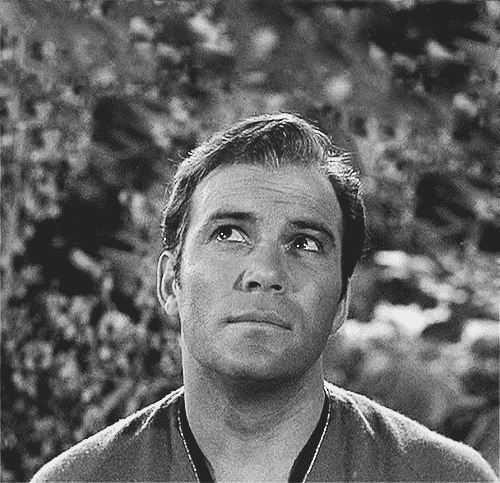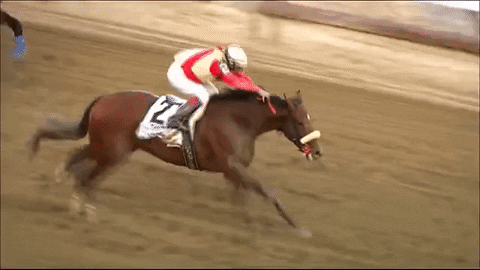Hello everyone!
Hope you are staying safe, practicing kindness and laughing out loud..!! Here’s to my new subscribers 🥂🥂. We are a tribe.
This post is a special one, because this is not about Finance but a progressive summarization on one of the books that is slowly changing my outlook on life.
Book summary of Conscious Immortality by Paul Brunton and Mungala Venkataramiah
I have always found reading about meditation more enticing than practicing meditation. For my monkey-mind, that is an alternate route to finding that flow state rather than trying to still the mind which has often been compared to an ocean whose waves cannot be paused.
Hence, it was a pleasant surprise when I stumbled across a book Conscious Immortality - Talks with Ramana Maharshi. The book is a record of conversations and observations made by Paul Brunton and Munagala S. Venkataramiah with the South Indian saint Sri Ramana Maharshi.

Sri Ramana Maharshi (1879-1950) was a fully enlightened soul and one of the most famous saints from South India. He practiced silence for most of his life and also initiated a practice called Self-Enquiry (more of that in a while).
Paul Brunton (1898-1981) was born in England but his deep introspective and mystical sensitivity led him to the East, and made him travel around the world to explore spiritual traditions and meet with sages. This book is a collection of notes with his meeting with Sri Ramana Maharshi who was a realised saint and Paul Brunton’s guru. Munagala S. Venkataramiah was the official compiler of Sri Ramana Maharshi.
The book talked about an alternative way to meditation which is called practicing awareness. In other words, you do not have to sit in meditation but you can practice meditation all the time by cultivating awareness. The book, though in the form of collated notes, is an easy read and has some practical tips on how one can anchor her mind.
Here is a progressive summarization of the book.
What is Awareness?
Awareness is the striking discovery that you are generally not aware and subsequently you become aware or conscious of your surroundings. It is the moment when you realise that you have drifted apart in your thoughts and then come back. When a person is in this state of awareness, there is not only cessation of thoughts - there are actually no thoughts that occur. This is the path of Self-enquiry practiced by Ramana Maharshi.
According to the book, we need to cultivate a strong conviction that I am the Self or the Source (Tao, Chi or whatever you call ‘It’) - refusing to identify ourselves with any labels given by ourselves or by our society - i.e. son, daughter, wife, CEO, entrepreneur, etc. This is because, if you think about it, you are always more than any label that you can give yourself. Do not agree? - try asking ‘Who am I?' and see if you can come up with a label that defines you completely.
Awareness is not an intellectual process, but a state
This thought process of identifying “who-am-I?", is not actually an intellectual pursuit but a realisation. It breaks you from any thought or emotion that is carrying you around and can immediately anchor you. The result of this practice is that you can develop will power, concentration and indifference to anything that you might be going through at any given point of time.

This method is based on the concept of inter-connectedness or Oneness of all. It is also called the path of non-duality or Advaita in the Hindu scriptures.
According to the book: A meditation can be upon external or any other object. Thus there is a duality as the subject and object differ. In Self-enquiry, both subject and object are the same - the Self. There will come a time when you will say - “I have given up meditation”. Because you will realise that the idea connotes duality viz. a person who meditates and an object of meditation and you will perceive the standpoint of the true Self which does not need to meditate.
To get into the path of awareness, though is simple, but not easy always. This is because we tend to be driven away by our thoughts all the time. It is simply difficult to realise that we are getting carried away. Hence, the book suggests that we practice breath control to tame our mind.
Start with breath control, but do not stop there
Is regulation of breath necessary? Concentration of breath or its regulation is only for controlling the mind so that the mind may not wander about.

Mind is the rider while breath is the horse. If you control the breath, you can control the mind. Watching the breath is one way to do it.
Though waiting for mind to be quiet is like waiting for the waves of the ocean to subside before you enter to bathe. Hence, any breathing exercise by itself is not enough. Awareness is the one necessary factor.

Once the breath is regulated, be aware of the Self
Now that we have practiced breath control, we just have to be aware or cultivate the witness state. We keep on forgetting it, thus identifying ourselves with the body, and that is the moment when we have to bring it back and be aware of our surroundings and just witness ourselves. In other words, we have to lose the ego or the I-thought.
Great inventions have happened when the ego has been forgotten
Those who have made big discoveries have made them, not when they were anxious about them, but in the stillness, by intuition rather than thinking. Mental activity ceases with answering the self-enquiry.

It is in a condition of deep intellectual concentration that this forgetfulness of the ego arises and the invention is revealed. This is also a way of developing intuition. When camphor burns no residue is left. The mind is the camphor: when it has resolved itself into the Self without leaving the slightest trace, it is realisation.
Essentially, this is a method of getting rid of your ego state or mind. And when the mind is destroyed, the other desires and attachments which are not helping you get destroyed too.
Thanks to Jenny and Dan for reviewing edits and also for goading me to publish this one. This one is for you guys..!!

had forgotten about Ramana Maharshi but thankfully haven't forgotten to breathe 😅 nice to read a different subject from you